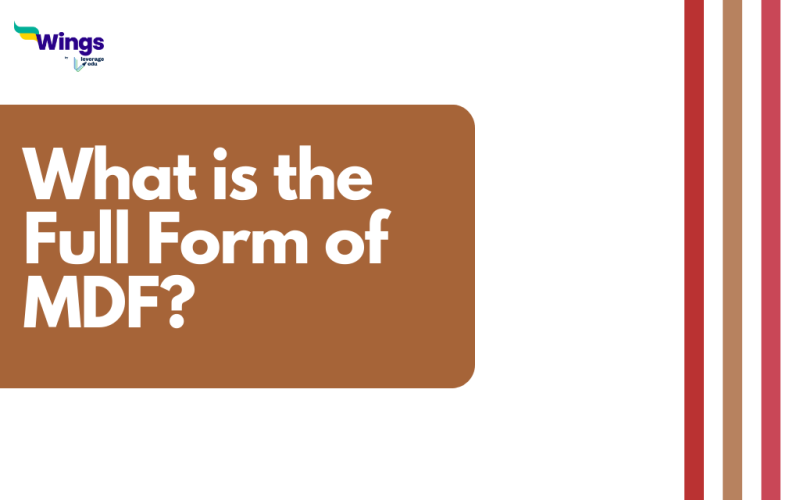The MDF full form is Medium Density Fireboard. MDF is a type of wood. The engineering material is created by breaking softwood or hardwood residuals into fine particles. Next, they are combined with wax and a resin binder and applied at high temperatures and pressures. MDFs are used for construction purposes and for interior designing and furniture making. MDF is entirely different from plywood. It is more resistant to changes in temperature compared to solid wood or ply. Keep reading to learn about the advantages and disadvantages of Medium Density Fireboard.
Advantages
Table of Contents
There are several advantages of MDF. Some of them are listed below:
- It is cheaper than plywood
- The surface of MDF is smooth. Hence, it offers a great surface for painting
- The edges of MDF wood are not likely to have voids or splinters. The reason is, MDF is consistent and its edges are smooth
- Due to smooth edges, it is easy to use a router to make decorative edges
- Easy cutting of the wood and detailed designs are possible. For example, scalloped designs using a band saw
Disadvantages
The disadvantages of MDF are as follows:
- MDF will soak up water and other liquids unless it is sealed on all the edges
- MDF cannot handle screws well because of fine particles
- It is heavy. Hence, it is more difficult to work with MDF
- Generally, MDF can’t be stained but when it does, it looks awful
- MDF contains VOCs/urea-formaldehyde. Hence, it is important to be careful while cutting the wood
Difference Between MDF and Plywood
The difference between MDF and Plywood is as follows:
| Particulars | MDF | Plywood |
| Usage | Interior | Exterior |
| Ideal for | Cutting, machining, and drilling | creating curved surfaces. |
| Examples | Wood for Cabinets, shelving, moldings etc. | outdoor furniture, and boxes |
This was all about MDF full form. Visit our Full Form Page to discover more intriguing articles about full forms. You can also check out the consolidated 300+ full forms list!
 One app for all your study abroad needs
One app for all your study abroad needs













